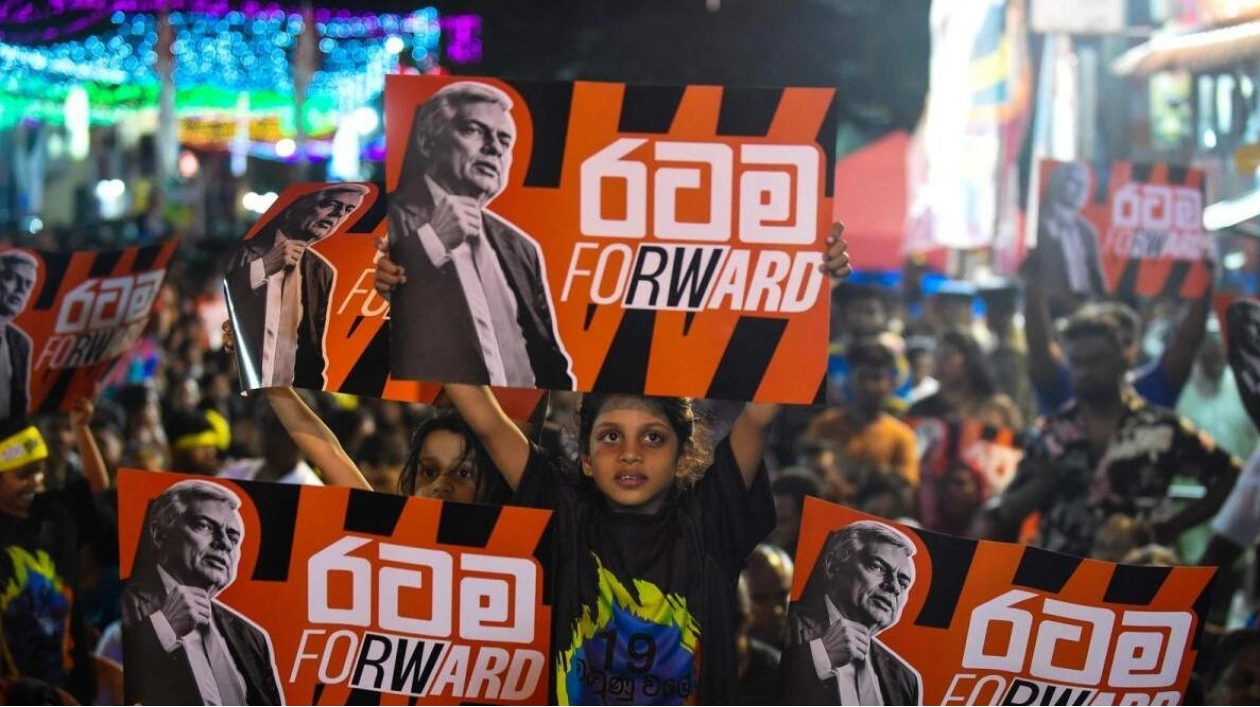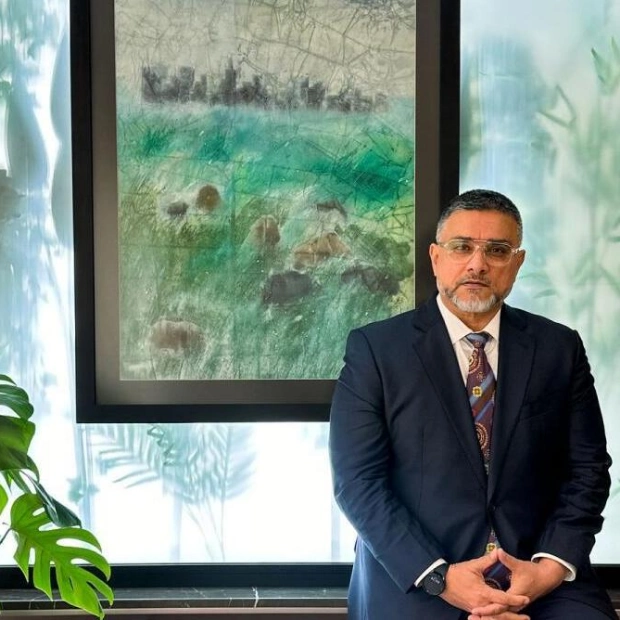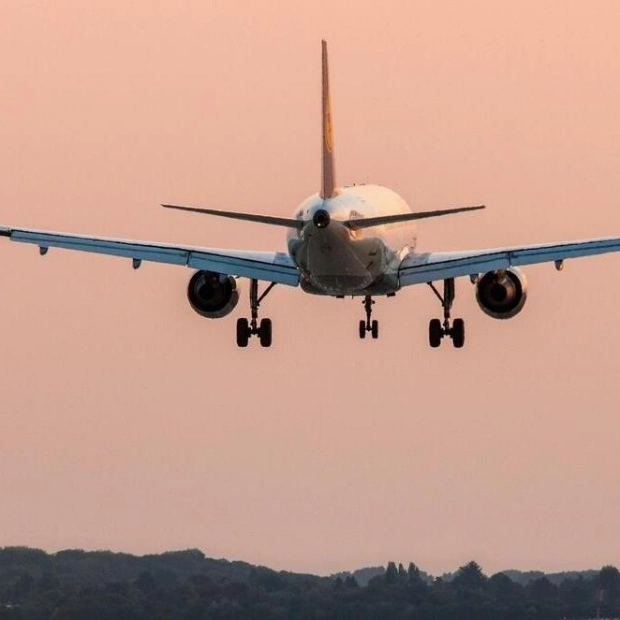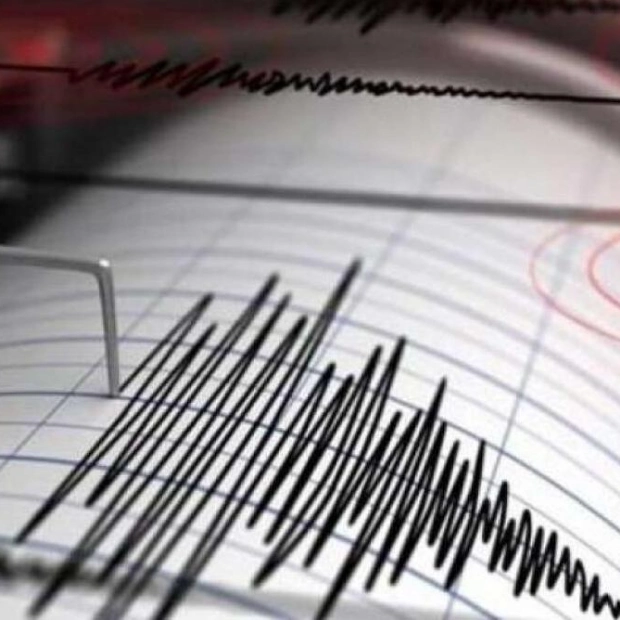Sri Lankans will head to the polls on Saturday to elect a new president in a closely fought election, with the result expected to shape the future of the country's fragile economic recovery, led by incumbent Ranil Wickremesinghe, who is up against left-leaning challengers.
The economy, which crumbled in 2022 due to a severe dollar shortage, remains a pivotal issue for voters, who have grappled with inflation soaring to as high as 70 percent, a depreciated currency, and electricity tariffs that surged by 65 percent. Although inflation has eased to 0.5 percent last month and GDP is projected to grow for the first time in three years, millions continue to struggle with poverty and debt, placing their hopes for a better future on the next leader.
"With many Sri Lankans still finding it hard to make ends meet, the presidential election is poised to be a tight, tense, and potentially decisive contest in determining the country's political direction," noted Alan Keenan, the International Crisis Group's senior consultant for Sri Lanka.
The election is expected to be a tight race between Wickremesinghe, opposition leader Sajith Premadasa, and Marxist-leaning politician Anura Kumara Dissanayake. According to the Sri Lanka Opinion Tracker Survey by the Institute for Health Policy (IHP), Wickremesinghe, running as an independent, is in third place. Dissanayake leads the pack, with Premadasa of the centrist, more left-leaning Samagi Jana Balawegaya (SJB) party in second.
Both Premadasa and Dissanayake have hinted at potential adjustments to taxes and public expenditures tied to the International Monetary Fund bailout program. Dissanayake has also suggested a new, locally developed approach to debt restructuring.
Approximately 17 million of Sri Lanka's 22 million citizens are eligible to vote in the first election since protests over economic hardships in 2022 led to the ousting of then-president Gotabaya Rajapaksa. Wickremesinghe, a former prime minister appointed by parliament to complete Rajapaksa's term, has overseen a precarious recovery supported by the $2.9 billion IMF bailout and a $25 billion debt restructuring process.
Sri Lanka's first-past-the-post system allows voters to cast three preferential votes for their preferred candidates, with the candidate securing 50 percent or more of the votes declared the winner. If no candidate reaches 50 percent in the first round, a run-off will be held to tally preferential votes for the top two contenders, a scenario analysts predict is likely given the close nature of the election.
Most voters are expected to set aside their traditional political loyalties and focus primarily on the economy, according to Dhananath Fernando, an economist at Colombo-based think tank Advocata Institute.
The election results are anticipated to be announced on Sunday, with a new president being sworn in shortly thereafter. The victor will need to address Sri Lanka's public finances, begin repaying foreign creditors, attract investment, and complete the four-year IMF program.
"The primary criticism of the government is its perceived lack of sensitivity or empathy towards the urgent issue of debt restructuring and ensuring that the burden of adjustment does not fall on those least able to bear it," said Paikiasothy Saravanamuttu, head of Colombo think tank Centre for Policy Alternatives.






